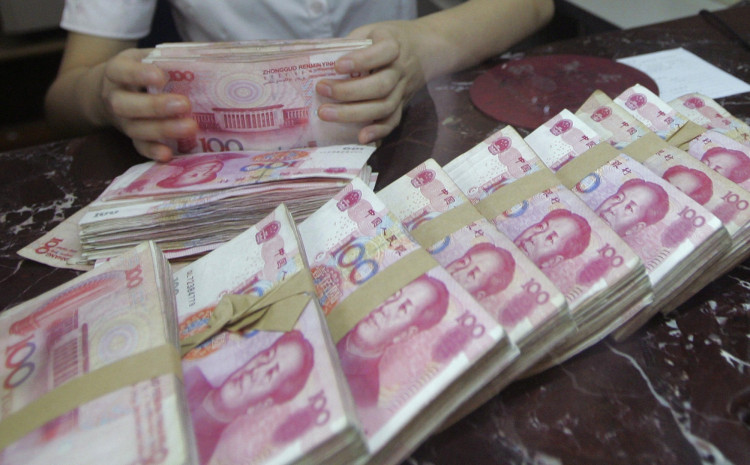Chinese regulators have launched an investigation into one of Hangzhou's largest online microloans companies after receiving reports that it was conducting illegal fundraising activities. The probe is the latest in China's wider crackdown on the scandal-hit peer-to-peer (P2P) lending sector, which has already resulted in the closure of thousands of companies across the nation.
Hangzhou's public security bureau announced over the weekend that it is launching an investigation into the activities of Weidai (Hangzhou) Financial Information Service. It added that its agents will be conducting a throughout checking of the company's assets, while also managing the fund retrieval of the allegedly stolen funds.
Weidai Financial is a P2P lending firm controlled by New York-listed Weidai. In 2017, the company had a 35 percent market share in the P2P lending space, making it one of the largest providers in the region.
The public security agency advised all creditors to fully cooperate with the investigation and to disclose in detail the funds they had acquired from the company. On the agency's official Weibo account, public security authorities urged creditors to "proactively" pay off their loans.
While the investigation is ongoing, creditors will still be required to pay regular payments as stipulated in the loan agreements they had signed. Those that do not disclose correct information and those that neglect to make payments on time will apparently be included in the government's social credit blacklist. Being included in the list will result in reduced access to credit, along with a ban on certain purchases and access to public transport.
The hard-line stance against P2P lending companies comes after a series of scandals in the sector that resulted in the hundreds of thousands of Chinese investors losing millions of dollars worth of their hard-earned savings. Unscrupulous P2P lending companies often entice would-be investors with extremely high returns. The companies then use these investments to issue loans with often immensely high-interest rates.
The questionable form of shadow banking was initially largely unregulated, leading to thousands of P2P lending companies popping up all around the country. After regulators had stepped in to put a stop to the practice, tighter regulatory rules resulted in the closure of thousands of P2P companies.
The number of P2P lenders in China fell from 2,680 in 2016 to only 343 companies as of 2019. One of the largest P2P lenders to have collapse was Ezubao, which had collected more than 59.8 billion yuan or roughly $8.5 billion from close to a million investors. The company's chief executive officer, Ding Ning, was sentenced to life imprisonment after the company collapsed in 2016.






